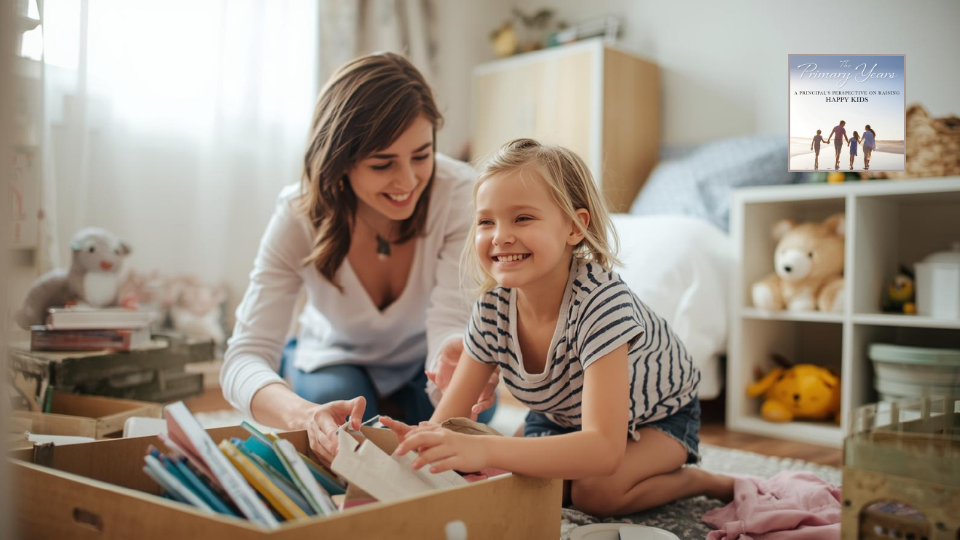
A few thoughts to keep in mind late January
The new school term is here. Are you and your child ready to embrace the change? Moving from holiday mode to school routines is more than just packing bags, it's about nurturing growth in every way: social, emotional, intellectual, and physical.

Sliding Into Holiday Mode: The Christmas Message That Sticks
Let’s create a holiday mode that focuses less on getting and more on giving back. We’ve put together a few simple yet joyful ways to weave generosity into your family’s holidays, because the message that lasts isn’t wrapped in paper, but built in kindness!

Helping Your Child Through the New Social Media Bans
Navigating new social media bans can leave children with a whirlwind of emotions, from relief to worry. As a parent, your steady support is key. Here are five clear ways to help them feel understood and confident as they adapt, so you can together balance the value of technology with what’s right for their age.

A few tips on dealing with the business of raising happy and healthy children
Feeling overwhelmed by digital parenting? You're not alone. Gail Smith cuts through the noise with clear, actionable suggestions to help you support your child in a connected world. Read on to find the strategies that resonate with your family.

Why Boredom Is a Superpower
In a world of constant stimulation, boredom is the surprising gateway to creativity, resilience, and self-discovery. It's not an empty space to fill, but a fertile ground for imagination to grow.

Why Your Child’s Mental Health Matters
What's the one thing that influences your child's ability to learn, build friendships, and navigate challenges? It's not the latest educational toy or a packed extracurricular calendar. It's their mental health. Discover why creating a foundation of emotional safety is the greatest gift you can give your child.